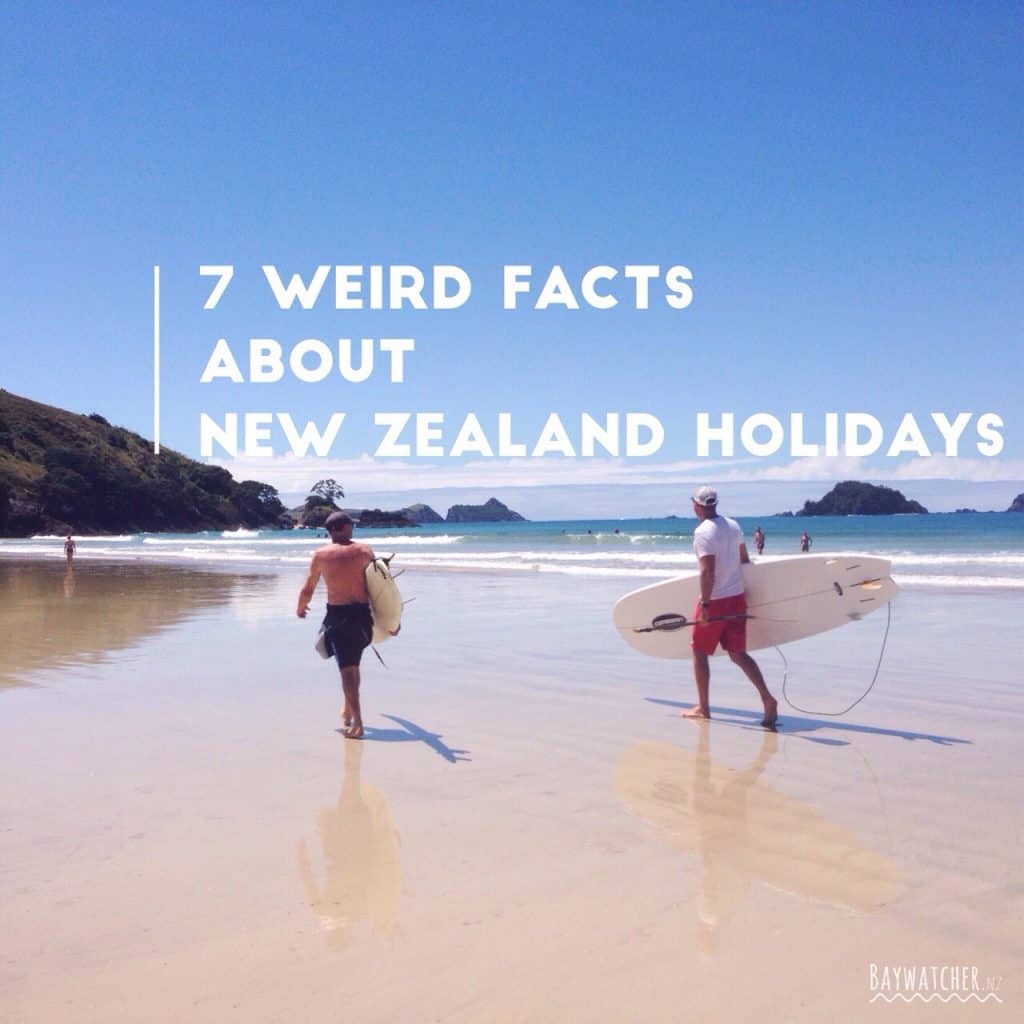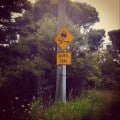New Zealand’s a long way from anywhere, so when you’re coming to New Zealand for your holidays you’ll no doubt have high expectations and hoping for a fabulous time.
New Zealand’s a wonderful place, but I remember when I first arrived in 2003 there were a few weird quirks that had me scratching my head. To save you from some of this confusion, here are my insider tips for your New Zealand holidays:
1. The currency rounding is weird and inconsistent
You’ll find that many prices in New Zealand shops are marked as, say, $1.99 or $3.85… this is despite the fact that the 1c coin was made obsolete in 1990, and the 5c coin was discontinued in 2006! The smallest coin in New Zealand is the 10-cent piece.
When you’re paying electronically with a card, this doesn’t matter, because you will be charged the exact price.
But when you pay with cash, the prices are normally rounded up or down to the nearest 10 cents, in a system called Swedish Rounding. So prices ending in 1, 2, 3, 4 or 5 are rounded down, and the prices ending in 6, 7, 8 or 9 are rounded up.
However, the rounding is completely at the discretion of the retailer: it’s up to them if they round up or down. So don’t be surprised if the rounding isn’t what you expected.
Bonus tip 1(a): New Zealand has a payment system and brand called EFTPOS (which stands for Electronic Funds Transfer at Point of Sale)… it is a system unique to this part of the world. It is similar to a debit card, in that the money comes straight out of your bank account, but it’s not part of Visa or Mastercard. You need an NZ-issued bank card to pay by EFTPOS.
Bonus tip 1(b): When you pay electronically, and wish to use an overseas Visa or Mastercard debit card, you need to choose the “Credit” option on the card machine (before you input your PIN). Yes, I know it’s a debit card and not a credit card, but that’s how the system works. And if you’re wondering, the other options on the card machine (Cheque and Savings) relate to the NZ EFTPOS system, described above.
Bonus tip 1(c): A good number of retailers, especially dairies (small convenience stores/newsagents) and cafes don’t take credit (or debit) cards – many only take cash or EFTPOS. It can sometimes be worth asking about payment options before you order eggs benedict for brunch. 🙂
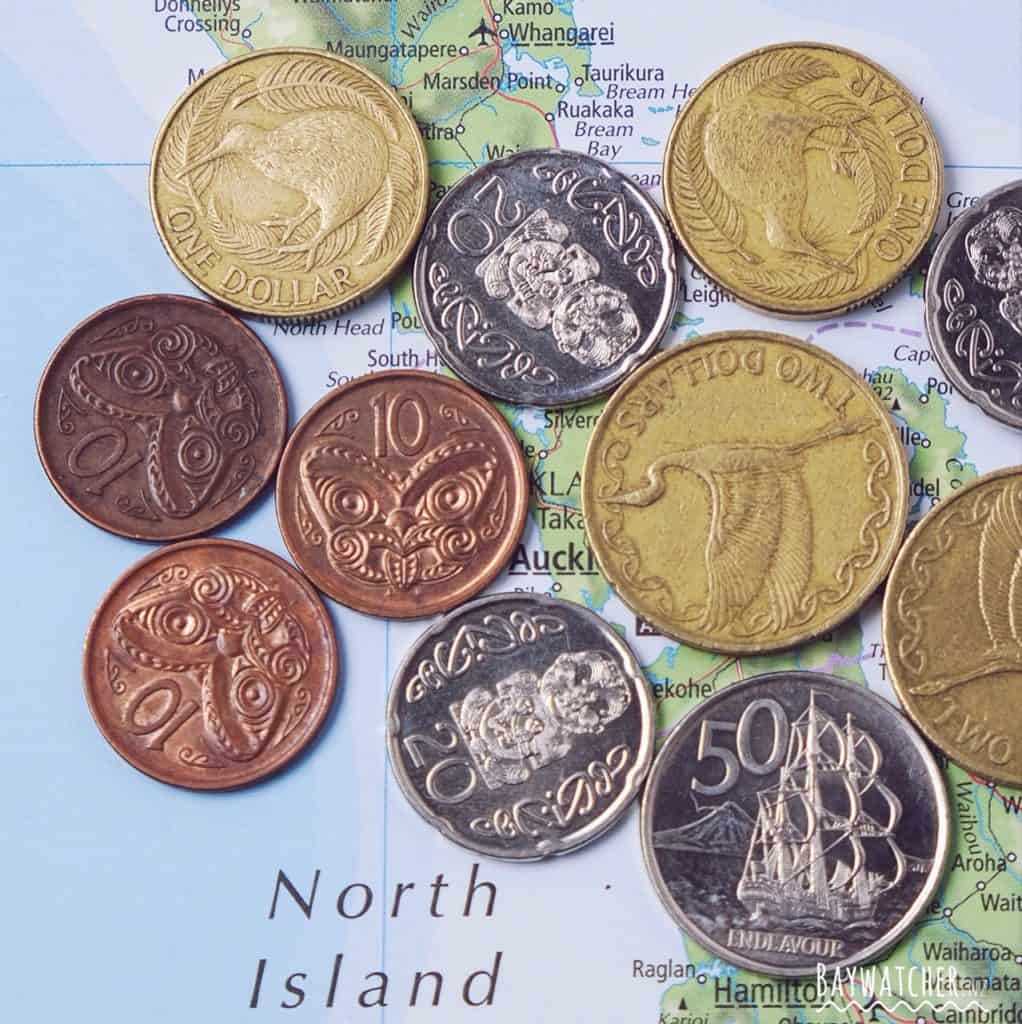
2. You need to remember that you’re on island time now
The service at many restaurants and cafes is slow: this is something that bugs my dad every time he visits NZ. He used to own a restaurant in England, and he reckons that if he kept his diners waiting for as long as NZ establishments do, his customers would have walked out!
After about 2 months of being here on his New Zealand holidays, my dad eventually adjusts to the slower service. Me, I don’t even notice it any more.
The pace of life is generally slower in New Zealand, and most kiwis expect to sit and relax over a meal. It’s not all rush-rush-rush here… it’s more a case of sit, enjoy, chill out, savour.
So do as the kiwis do – relax and unwind – you are on vacation on an island in the South Pacific after all!
Bonus tip: If you’re in a genuine hurry, e.g. to catch a transport connection, or for an appointment of any type, ask the wait staff before you sit if they can get you in and out by a certain time. Most restaurants and cafes will be able to accommodate you – and you’ll have a far more enjoyable experience knowing that the staff are aware of your deadline.
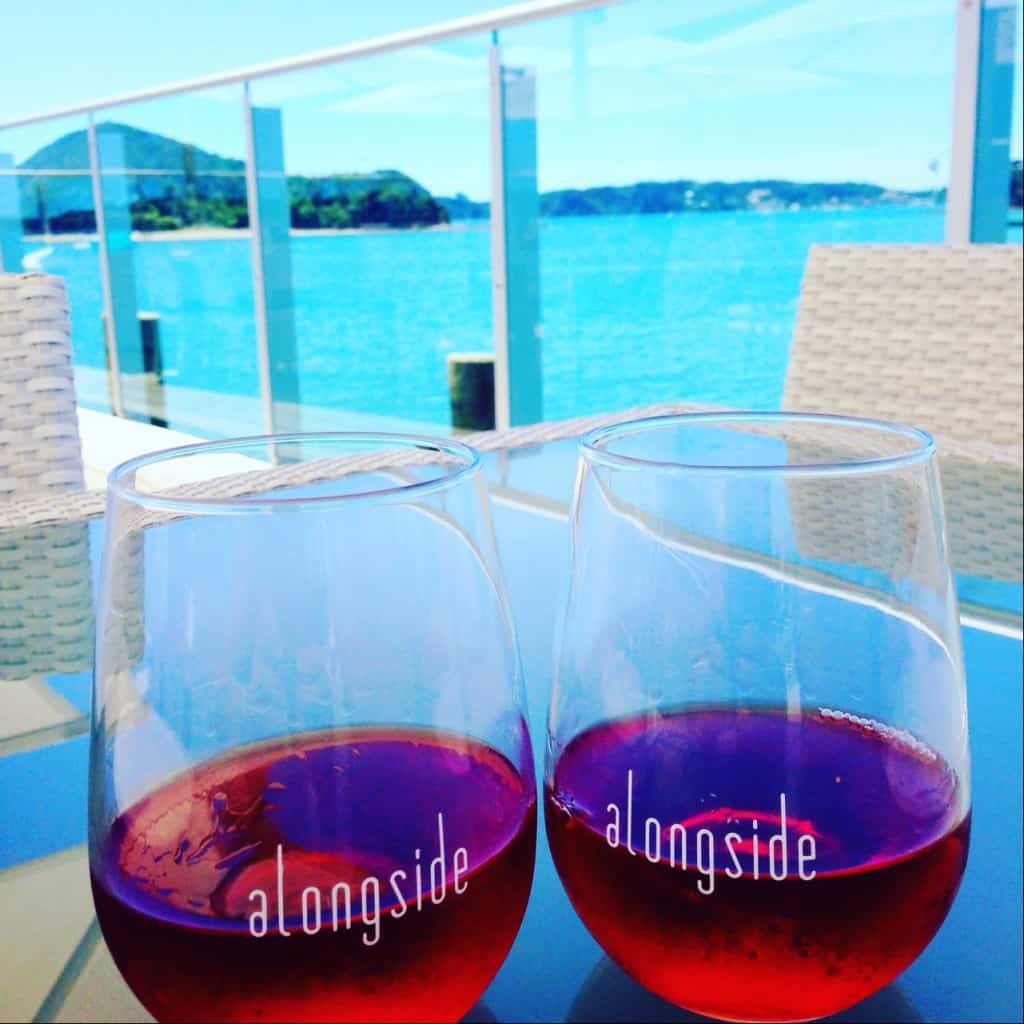
3. Would you like it mild, medium or spicy?
Speaking of food, most of the ethnic food in New Zealand isn’t very… ethnic. In other words, it’s been modified for the New Zealand palate: it’s often milder (and less flavoursome) than authentic Indian, Thai, and such like.
You can tell if the food has been “kiwified” if you get asked if you want the dish cooked Mild, Medium or Hot.
I used to try and answer the order taker with, “Please serve it however it’s served in India/Thailand/etc.” But that just confuses the wait staff, and they insist on an answer that consists of Mild, Medium or Hot.
And in most cases, the base dish is made Mild: to get it to Medium or Hot status, they simply throw in more chilli powder, so the resulting taste is spicy, but the flavours may not be very well balanced.
If you do find a restaurant or takeaway that doesn’t ask the Mild, Medium or Hot question – rejoice! You have probably just discovered a very authentic ethnic restaurant!
A good way to spot the more authentic eateries is to study the menu, and see if they use chilli symbols or similar to denote whether a dish is naturally Mild, Medium or Hot. In which case they should just serve it as it’s meant to be. Wohoo!
(Of course, if you hate spicy food, then you will love those restaurants that always offer a Mild option!)
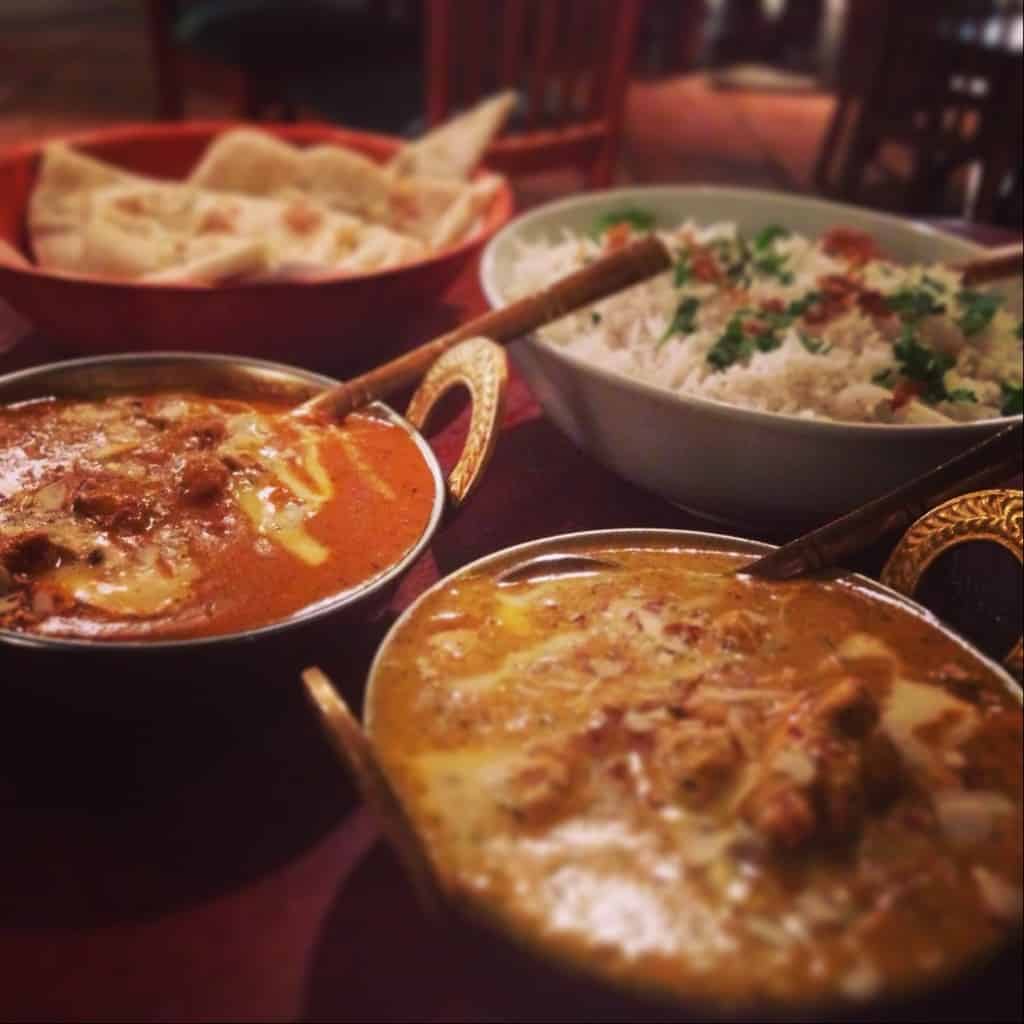
4. Don’t panic when you hear an air-raid siren on your New Zealand holidays
The first time I heard the eerie, chilling tones of an air-raid siren, I just about freaked out. (Yes, I’m too young to remember the wars, but growing up in England there was a steady stream of war movies on TV.)
The air raid siren doesn’t mean we’re under attack; rather, it’s the method used to summon the Volunteer Fire Services that operate in rural areas. The siren is so much quicker and more efficient than a phone call, email, or text message!
So when the volunteers hear the siren, they all know to rush to the fire station to attend an emergency, be it a fire, car accident, or some other matter.
There’s also a code to indicate the severity of the emergency, usually ranging from one blast of the siren through to three (though this may vary according to the region you’re visiting on your New Zealand holidays).
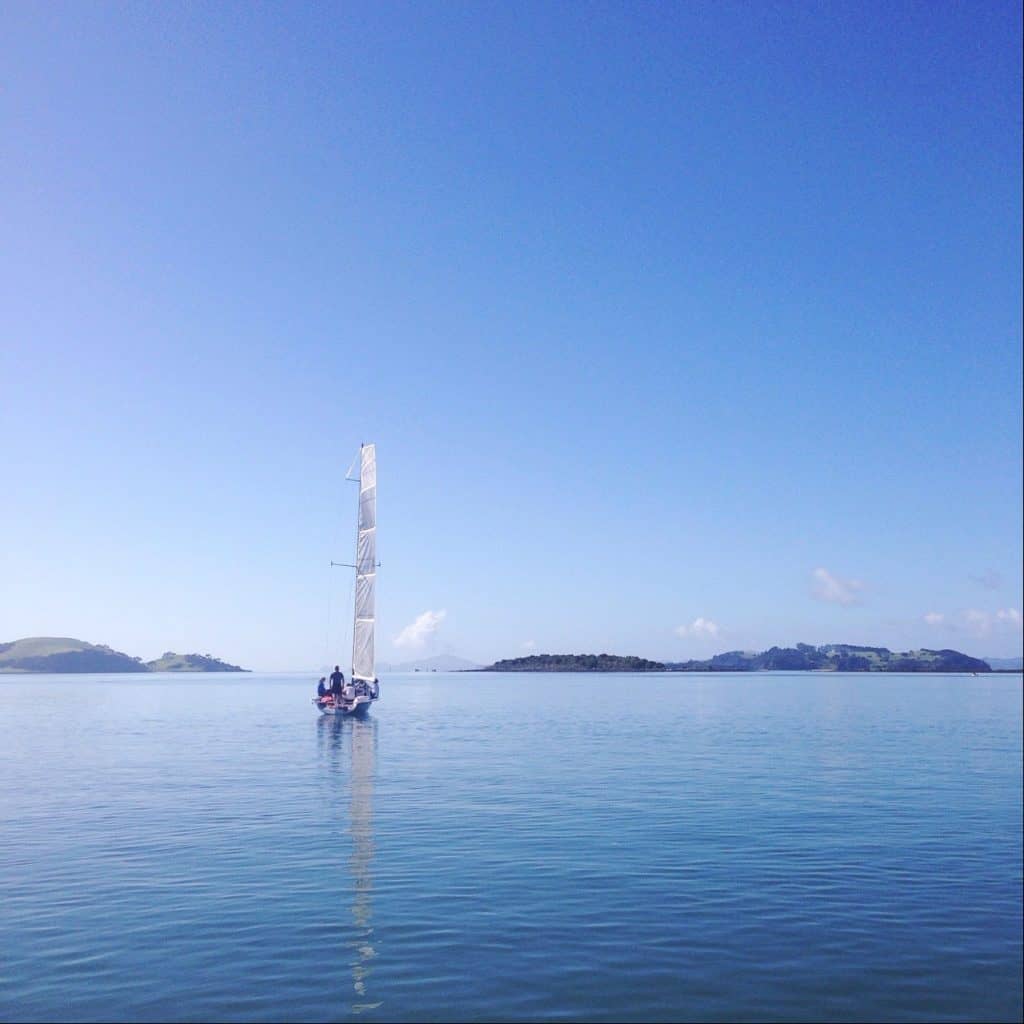
5. The roads are crazy (and so are some of the drivers)
Happily, Google Maps and sat nav systems can give you time estimates on how long it takes to drive somewhere – but these services can’t show you just how wiggly and windy some of the roads are in New Zealand.
It’s also not uncommon for a perfectly decent road to suddenly become a gravel road (or a “metalled” road, as the locals call it)… and driving on those can be, um, interesting, especially when they are rutted and potholed!
The tyres of your car or campervan can get stuck in a rut and you can spin out of control… or else, you just get a very juddery, shaky ride.
New Zealand is a hilly country – and that means lots of bendy, windy roads. They take a bit of getting used to, so take it easy out there.
New Zealand drivers also take a bit of getting used to: some will tailgate you like they’re glued to your bumper; some will overtake you going round a bend; some will dawdle along and then drive through a red traffic light; some don’t indicate accurately going round roundabouts.
My best advice is to take it easy, drive safe, and anticipate other people’s actions as much as you can.
If possible, avoid driving at night and when you’re tired… and remember to keep to the left!
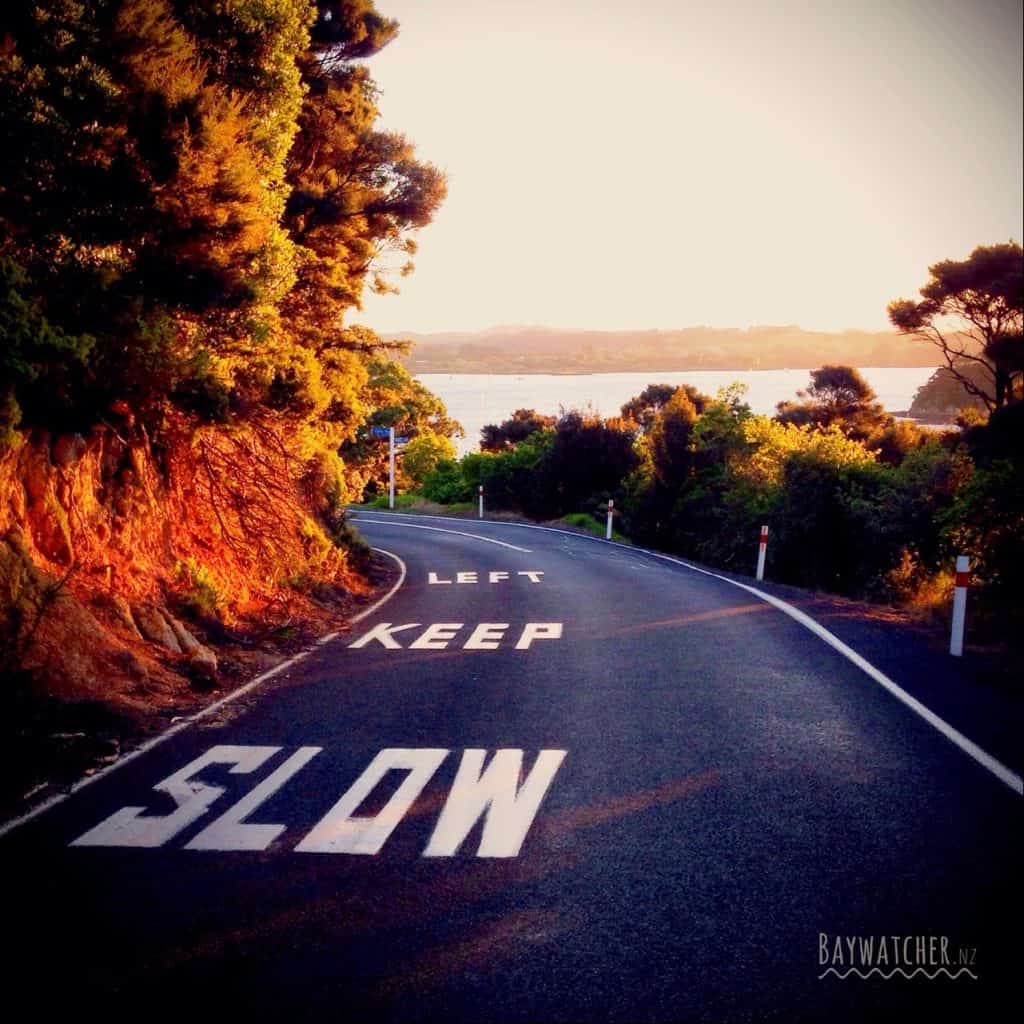
Bonus tip: To my mind, the writing painted onto New Zealand roads is upside down – as per the photo above. I have no idea why they paint “Left Keep Slow”, rather than, “Slow Keep Left”…! 😉
6. Please stay safe on the beaches
The sea is beautiful but wild. So often there are news headlines about tourists drowning: either they experience unexpected rips (currents) when swimming or surfing, or they get washed off the rocks whilst fishing.
Please enjoy the beaches, but be aware that they are often more dangerous than they look.
If you’re planning to spend any time in, on or near the water, it’s a good idea to refer to a tide table first. Knowing whether the tide is coming in or going out can help you stay safe.
You can also read more about the Bay of Islands weather.
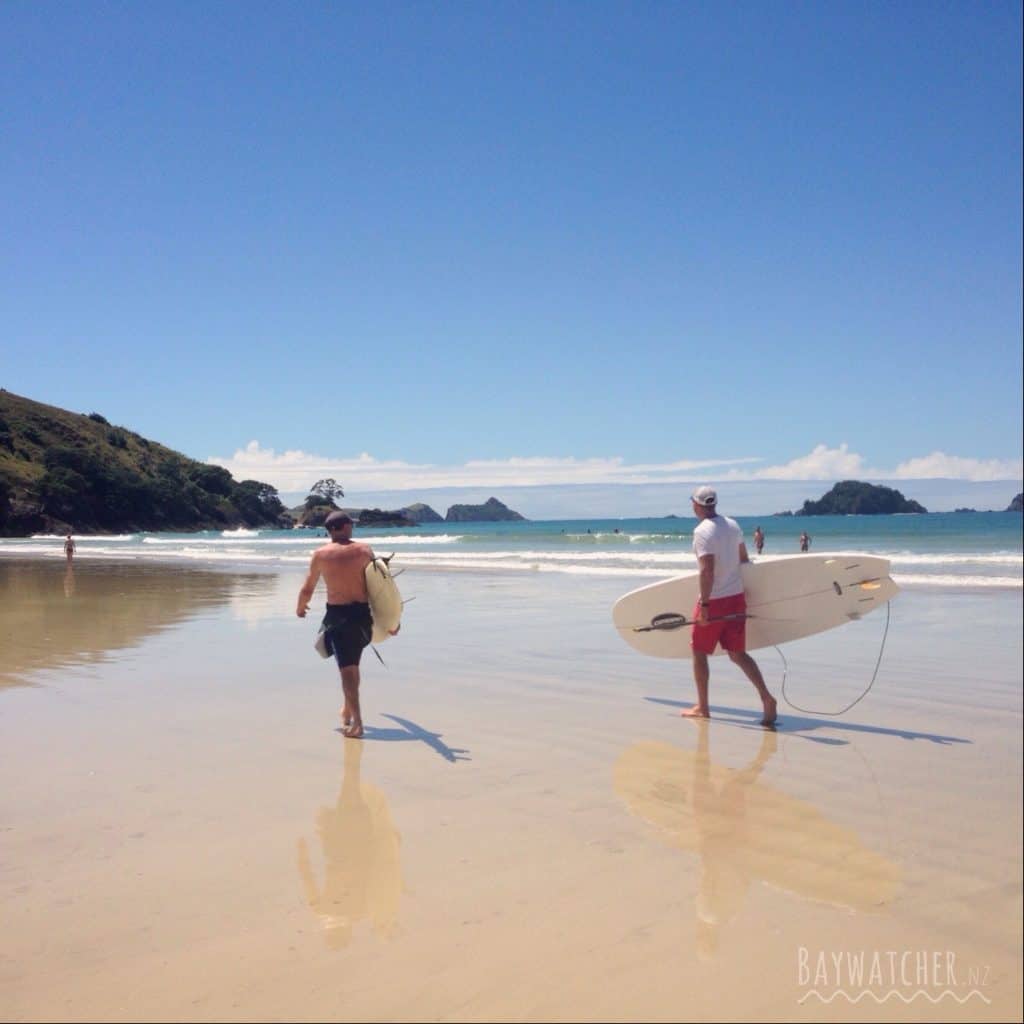
7. New Zealand is almost paradise (but nowhere is perfect)
Other tourist-related news headlines seem to be of the “everything they had in their car got stolen” variety. This is not something you wish to encounter on your New Zealand holidays!
Yes, New Zealand is a relatively safe country, but it is not crime free. So use the same precautions you would in your own country. Just because it is beautiful here doesn’t mean that there aren’t lazy, badass people who’d rather steal stuff than work for a living!
And never ever leave valuables unattended in your car, whether you’re in a quiet, remote area, parked near a walking track, or in a busy city.
New Zealand may not be perfect – but it’s still a paradise! Enjoy it… just be safe, and use your common sense, as you would at home. 🙂
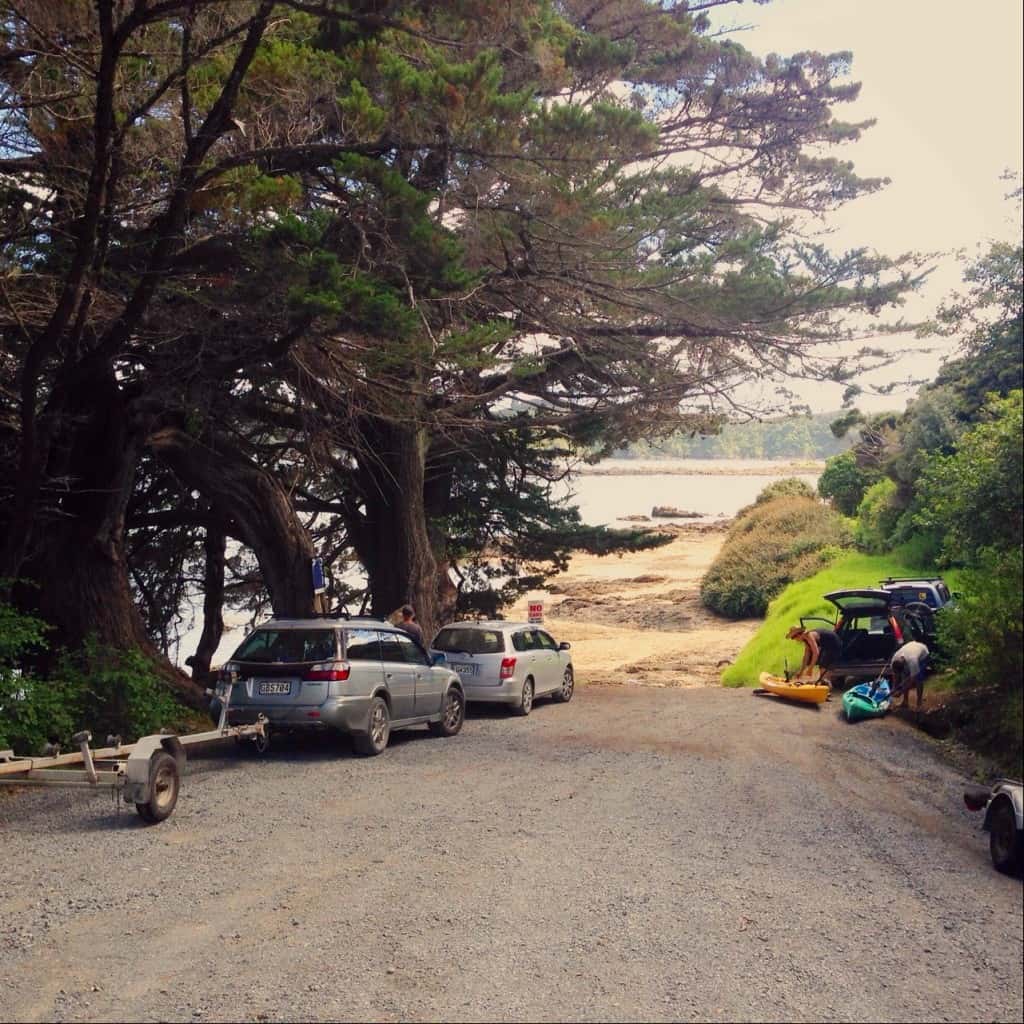
I hope these tips help you get the most out of your New Zealand holidays, so you can take the happiest of memories back home with you. 🙂
